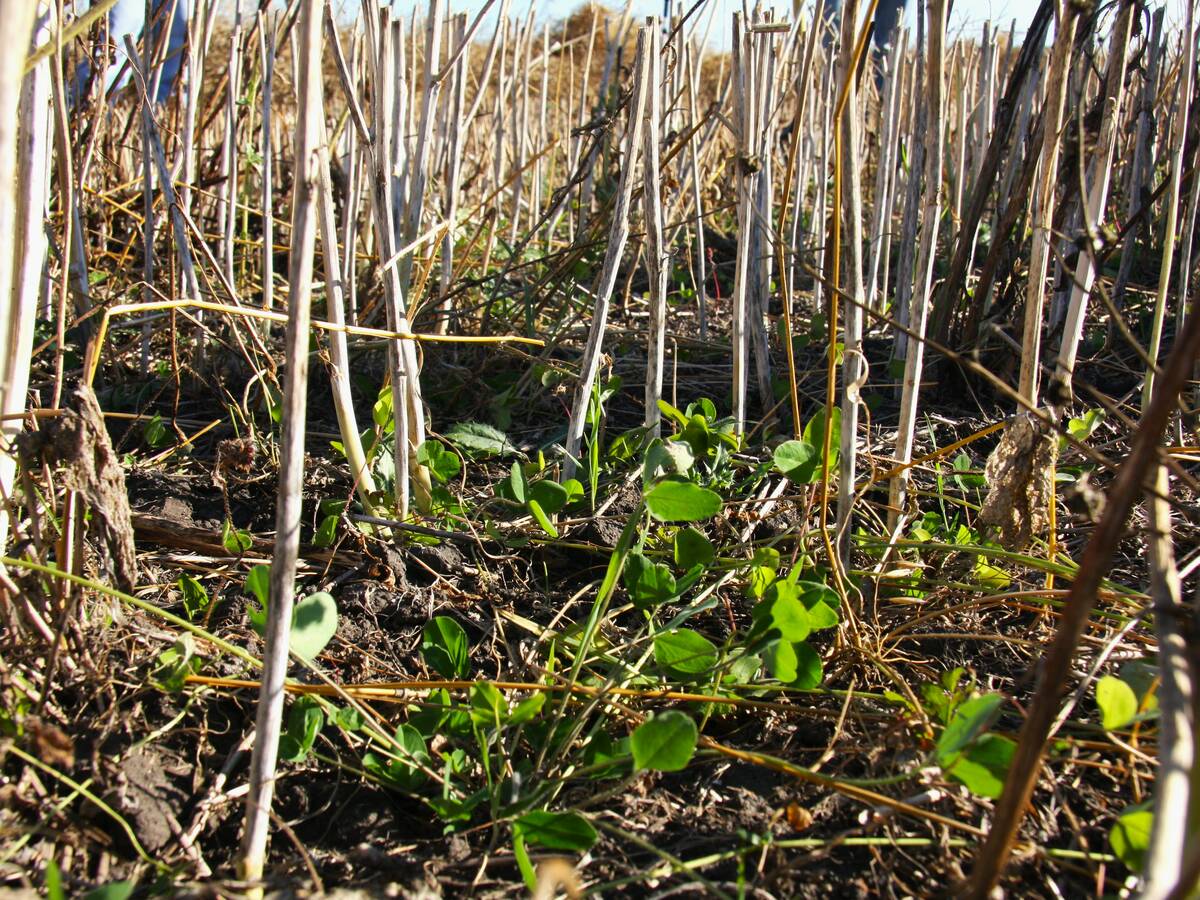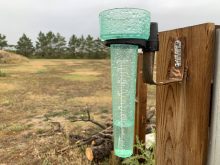An Alberta company is attempting to piece together a $600 million canola-based sustainable aviation fuel project near Calgary.
Reconciliation Energy Transition Inc. (RETI) has announced its intention to build the project, with a final investment decision to be made around August 2023.
RETI is an affiliate of Project Reconciliation, a firm attempting to purchase the Trans Mountain pipeline from the federal government.
Read Also

Saskatchewan project sees intercrop, cover crop benefit
An Indigenous-led Living Lab has been researching regenerative techniques is encouraging producers to consider incorporating intercrops and cover crops with their rotations.
RETI develops energy projects with Indigenous equity ownership. In this case, it is hoping to partner with the Siksika Nation.
Bloomberg reported that RETI and Siksika will have a 60 percent ownership stake in the SAF plant. RETI chair Steve Mason clarified that Siksika’s interest in the venture is not yet settled.
“Have we finalized that percentage yet? No, we haven’t,” he said.
“Is it the intent for Siksika Nation to have a material interest and not a token interest? Categorically, yes.”
Siksika Nation was contacted for this story but did not respond in time for publication deadlines.
RETI is also in negotiations with unnamed agriculture companies and energy companies about investing in the project.
The proposed plant will produce 6,500 barrels of SAF per day or 300 million litres per year.
The company is in discussions with Calgary International Airport, Air Canada and WestJet Airlines Ltd. about potential offtake agreements.
Bloomberg is reporting that the plant would require canola from one million acres of farmland.
Mason declined to specify how much canola oil would be used by the facility, but he confirmed that the oilseed would comprise the “vast majority” of the feedstock for the plant.
Roger Chevraux, chair of the Alberta Canola Producers Commission, was thrilled to hear about the project.
“That’s excellent news,” he said.
“Anytime we can create a domestic market here in Canada, we’re not subject to trade disputes or things like we suffered a couple of years ago with China.”
He believes this is early proof that Canada’s Clean Fuel Regulations were properly designed thanks to the lobbying efforts of commodity groups.
Mason noted that a key piece of the project is that indigenous people would be the major contributors of feedstock to the plant.
He said First Nations groups own grassland that could be converted into canola production to feed the facility. The hope is that it would provide an economic benefit to First Nations farmers.
“That is truly what this message and vision is all about,” said Mason.
Chevraux said that would fit in nicely with the objectives of the canola industry, which is to boost canola production by increasing yield and acres of the crop.
“I would welcome that because I think that’s great news for them as well as the canola industry,” he said.
Chevraux said production is going to need to increase to keep satisfying export markets.
Mason is confident that the Calgary project will get built, adding that there are more to come.
“There are two other sustainable aviation fuel projects that are close to being announced,” he said.
Saskatchewan and Alberta would be the locations for those two addition projects.
Two locations are being considered for the Calgary plant, one is in Rocky View County and the other is in Wheatland County.
RETI has partnered with ENGlobal Corporation and Rangeland Engineering Canada Corp. ENGlobal has worked on SAF and renewable diesel projects in Kansas and North Dakota.
Contact sean.pratt@producer.com
















